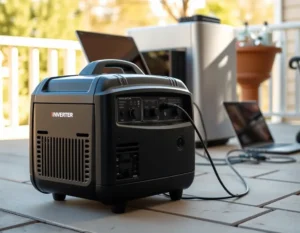
En el mundo moderno, donde la electricidad es fundamental para nuestras actividades diarias, las interrupciones eléctricas son un gran inconveniente, pueden afectar nuestra productividad y
¿Te has quedado sin energía eléctrica durante una tormenta o algún otro evento climático?
¿Has perdido comida en el refrigerador porque se ha ido la luz durante horas?
Si es así, es posible que desees considerar la posibilidad de conectar un generador eléctrico a tu casa. En esta guía, te enseñaremos cómo hacerlo de manera segura y efectiva.
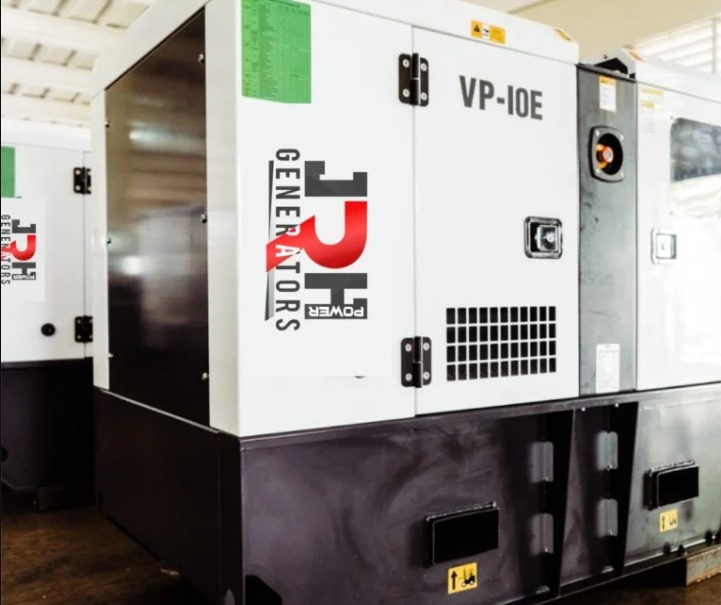
Antes de empezar, es importante saber qué es un generador eléctrico y cómo funciona. Un generador eléctrico es un dispositivo que convierte la energía mecánica en energía eléctrica. El generador tiene un motor que funciona con gasolina o diésel, y una vez que se enciende, hace girar un rotor que está rodeado de un campo magnético, lo que produce energía eléctrica.
Existen dos tipos de generadores eléctricos:
Los generadores portátiles son dispositivos compactos y transportables que generan electricidad mediante la combustión de combustibles como gasolina, diésel o propano. Están diseñados para suministrar energía en áreas sin acceso a una red eléctrica, siendo útiles en lugares remotos, campamentos o durante emergencias.
Estos generadores cuentan con un motor de combustión interna que acciona un alternador para generar corriente eléctrica, y suelen tener salidas estándar para conectar dispositivos. Es importante utilizarlos de manera segura, seguir las instrucciones del fabricante y realizar un mantenimiento adecuado.
Los generadores estacionarios son dispositivos fijos que proporcionan energía eléctrica de respaldo en caso de interrupciones en la red eléctrica principal. Están conectados permanentemente a la edificación a través de un interruptor de transferencia automática (ATS) y se utilizan en hogares, comercios e instalaciones industriales para garantizar un suministro eléctrico continuo durante cortes de energía. Requieren instalación profesional y mantenimiento regular para asegurar su funcionamiento confiable.
Los generadores portátiles son una excelente opción para suministrar energía en lugares donde no hay acceso a una red eléctrica, como en áreas remotas o durante emergencias. Aquí hay algunos aspectos clave que debes conocer sobre los generadores portátiles:
Recuerda que, aunque los generadores portátiles son útiles, es importante utilizarlos de manera responsable y segura. Siempre sigue las recomendaciones del fabricante y considera la contratación de un electricista calificado si necesitas realizar una instalación más compleja o permanente.
Desconectar un generador eléctrico de manera segura es fundamental para evitar posibles riesgos y daños. Aquí tienes los pasos para desconectar un generador eléctrico:
Recuerda que estos son pasos generales y las instrucciones específicas pueden variar según el modelo y fabricante del generador. Siempre consulta el manual del usuario o busca asesoramiento profesional si tienes dudas sobre cómo desconectar un generador eléctrico de forma segura.
Conectar un generador eléctrico a tu casa implica ciertos riesgos, por lo que es importante seguir algunas precauciones de seguridad para garantizar una instalación adecuada. Aquí tienes algunos consejos de seguridad para conectar un generador eléctrico a tu casa:
Recuerda siempre leer y seguir las instrucciones del fabricante para tu generador específico y estar atento a las precauciones de seguridad recomendadas. La seguridad debe ser siempre la prioridad al conectar un generador eléctrico a tu casa.
¡Bienvenido! En nuestra tienda ofrecemos una amplia gama de generadores eléctricos para satisfacer las necesidades de nuestros clientes.
Si estás buscando una fuente de energía confiable para tus actividades al aire libre, proyectos de construcción, emergencias o simplemente para tener como respaldo en tu hogar, tenemos el generador perfecto para ti.

En el mundo moderno, donde la electricidad es fundamental para nuestras actividades diarias, las interrupciones eléctricas son un gran inconveniente, pueden afectar nuestra productividad y
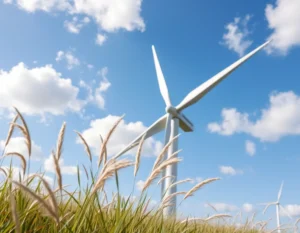
Las turbinas eólicas se han convertido en el emblema de la energía renovable, ofreciendo una solución sostenible y limpia frente a los combustibles fósiles. Sin
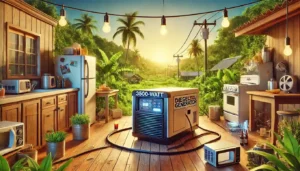
Cuando se trata de mantener la energía en situaciones de emergencia, durante viajes de campamento o en eventos al aire libre, un generador de 3500
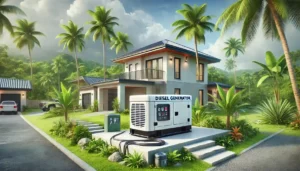
En tiempos de cortes de energía o desastres naturales, saber cómo usar un generador para alimentar una casa puede marcar la diferencia entre estar preparado
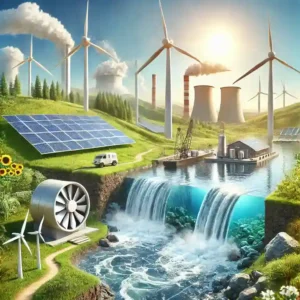
La búsqueda de energías alternativas se ha convertido en un pilar fundamental en la discusión sobre sostenibilidad y el futuro energético del planeta. Pero, ¿cuáles
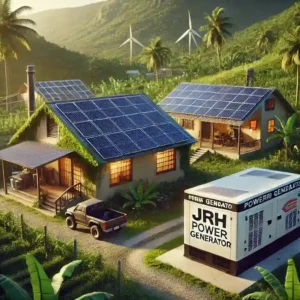
En un mundo donde la demanda de energía eléctrica sigue en aumento, las interrupciones de servicio y el costo creciente de la electricidad han impulsado
Sí, es posible hacerlo por ti mismo siempre y cuando sigas las medidas de seguridad adecuadas y tengas conocimientos básicos de electricidad. Sin embargo, es recomendable que consultes con un electricista profesional si no estás seguro de cómo hacerlo.
No necesariamente. Es importante que elijas un generador eléctrico que tenga suficiente capacidad para tus necesidades y que tenga una salida que sea compatible con la toma de corriente de tu casa. Si no estás seguro, consulta con un electricista profesional antes de hacer la compra.
Depende de la capacidad del generador eléctrico. Asegúrate de elegir un generador que tenga la capacidad suficiente para satisfacer las necesidades de tu hogar y evitar sobrecargas eléctricas.
No se recomienda conectar un generador eléctrico durante una tormenta eléctrica debido al riesgo de descargas eléctricas. Espera hasta que la tormenta haya pasado y las condiciones sean seguras para conectar el generador.
No es recomendable. Conectar un generador eléctrico directamente a la casa sin un interruptor de transferencia puede causar peligros eléctricos y dañar los dispositivos eléctricos.
Sí, puedes conectar un generador eléctrico portátil a la casa siguiendo los mismos pasos descritos en esta guía. Sin embargo, debes tener en cuenta que los generadores portátiles tienen una capacidad limitada y pueden no ser suficientes para suministrar energía eléctrica a toda la casa.
Depende del modelo y la capacidad del generador eléctrico. En general, los generadores eléctricos pueden funcionar durante varias horas, pero es importante monitorearlos para evitar sobrecalentamiento y daños.
No, nunca debes conectar el generador eléctrico directamente a un enchufe de la casa. Esto puede causar peligros eléctricos y dañar los dispositivos eléctricos.